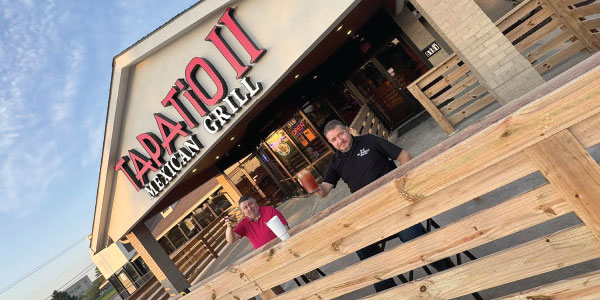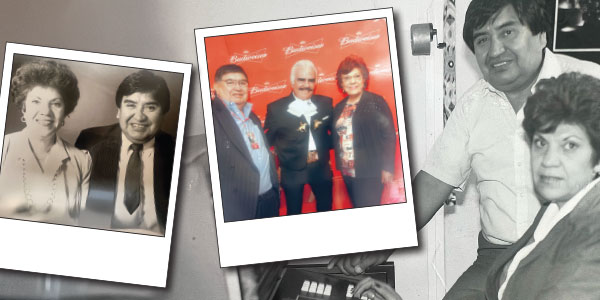
By Roberta Pardo
On Sunday (July 11), thousands of Cubans took to the streets to protest a lack of food and medicine as Cuba undergoes a severe economic crisis aggravated by the COVID-19 pandemic and U.S. sanctions.
Chanting “freedom” and calling for President Miguel Diaz-Canel to step down, the Cubans joined in street protests from Havana to Santiago, as reported by multiple outlets, in the biggest anti-government demonstrations on the Communist-run island in decades. Inventario, a website specializing in Cuban data, tracked at least 25 protests spread throughout the island.
“We are going through really difficult times,” Miranda Lazara, 53, a dance teacher, who joined thousands of protesters in marching through Havana, told Reuters. “We need a change of system.”
In a televised speech on Sunday, Diaz-Canel, also the leader of the Communist Party, blamed the unrest on the United States, which in recent years has tightened its decades-old trade embargo on Cuba.
“We are not going to hand over the sovereignty or the independence of the people,” he said.
Cuba is in the middle of its worst economic contraction in more than three decades, as chronic inefficiencies and paralyzing bureaucracy have gradually eroded the country’s production capacity, including the essential food and agriculture sectors. Trump-era sanctions have reduced access to vital economic lifelines like remittances. Painful currency reforms this year have sent inflation soaring, making food lines commonplace again.
COVID-19 cases on the island soared to a record 6,923 on Sunday, more than twice the number registered earlier in the week, and the deaths reached 47 as Cuba struggles to contain the virus.
In support of the protests in Cuba, hundreds of vehicles caravanned Sunday across Miami.
_____________________________________________________________________________________________________
Cubanos realizan las mayores protestas contra el gobierno en décadas
El domingo (11 de julio), miles de cubanos salieron a las calles para protestar por la falta de alimentos y medicinas mientras Cuba atraviesa una grave crisis económica agravada por la pandemia del COVID-19 y las sanciones de Estados Unidos.
Gritando “libertad” y pidiendo la dimisión del presidente Miguel Díaz-Canel, los cubanos se unieron a las protestas callejeras desde La Habana a Santiago, según reportaron múltiples medios, en las mayores manifestaciones antigubernamentales en la isla comunista en décadas. Inventario, un sitio web especializado en datos cubanos, rastreó al menos 25 protestas repartidas por toda la isla.
“Estamos atravesando tiempos realmente difíciles”, dijo a Reuters Miranda Lazara, de 53 años, profesora de baile, que se unió a miles de manifestantes en la marcha por La Habana. “Necesitamos un cambio de sistema”.
En un discurso televisado el domingo, Díaz-Canel, también líder del Partido Comunista, culpó de los disturbios a Estados Unidos, que en los últimos años ha endurecido su embargo comercial de décadas sobre Cuba.
“No vamos a ceder la soberanía ni la independencia del pueblo”, dijo.
Cuba se encuentra en medio de su peor contracción económica en más de tres décadas, ya que las ineficiencias crónicas y la burocracia paralizante han erosionado gradualmente la capacidad de producción del país, incluidos los sectores esenciales de la alimentación y la agricultura. Las sanciones de la era Trump han reducido el acceso a recursos económicos vitales como las remesas. Las dolorosas reformas monetarias de este año han disparado la inflación, haciendo que las filas de alimentos sean algo común nuevamente.
Los casos de COVID-19 en la isla se dispararon a un récord de 6,923 el domingo, más del doble del número registrado a principios de semana, y las muertes llegaron a 47 mientras Cuba lucha por contener el virus.
En apoyo a las protestas en Cuba, cientos de vehículos recorrieron Miami en caravana el domingo.









